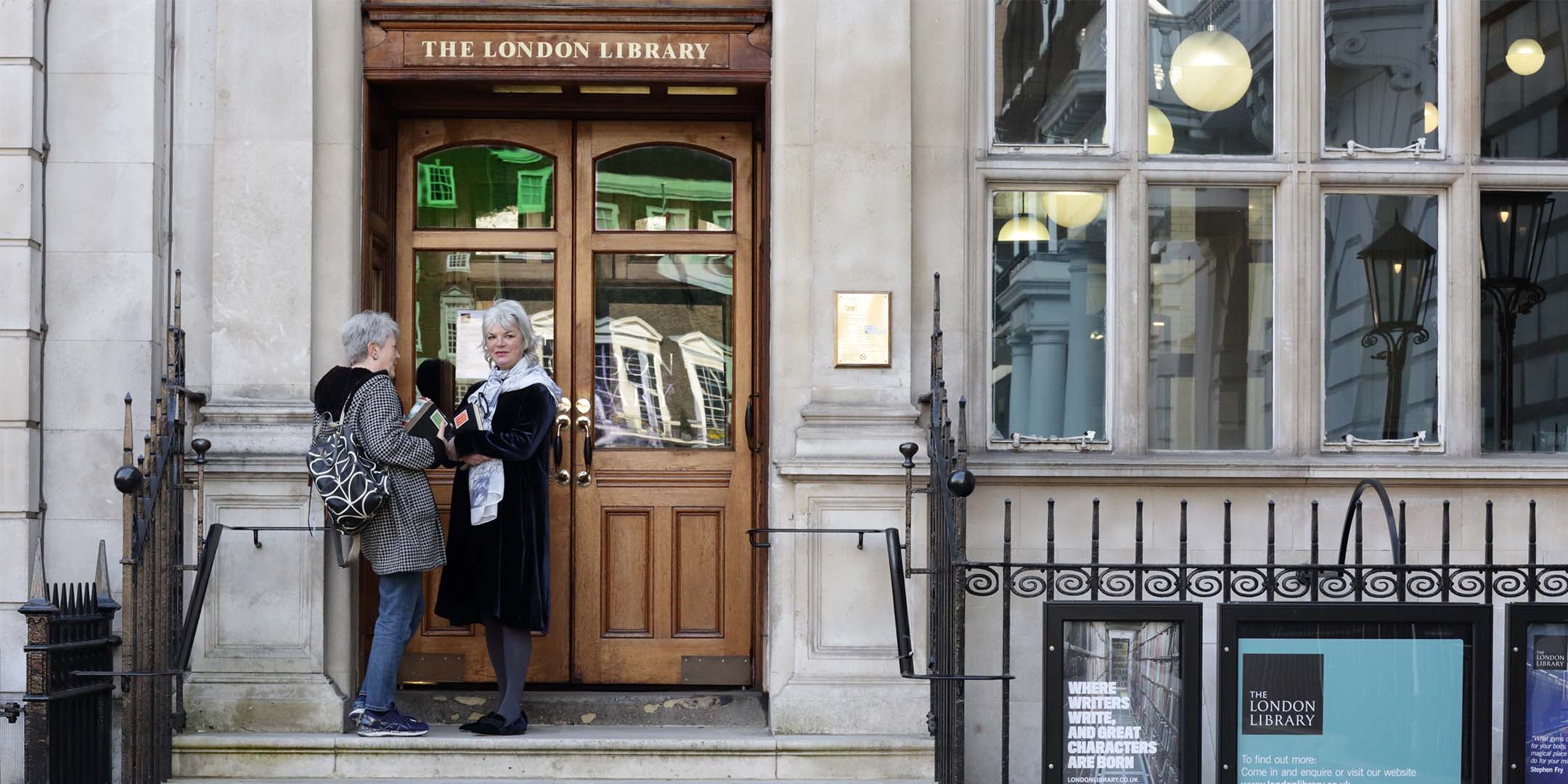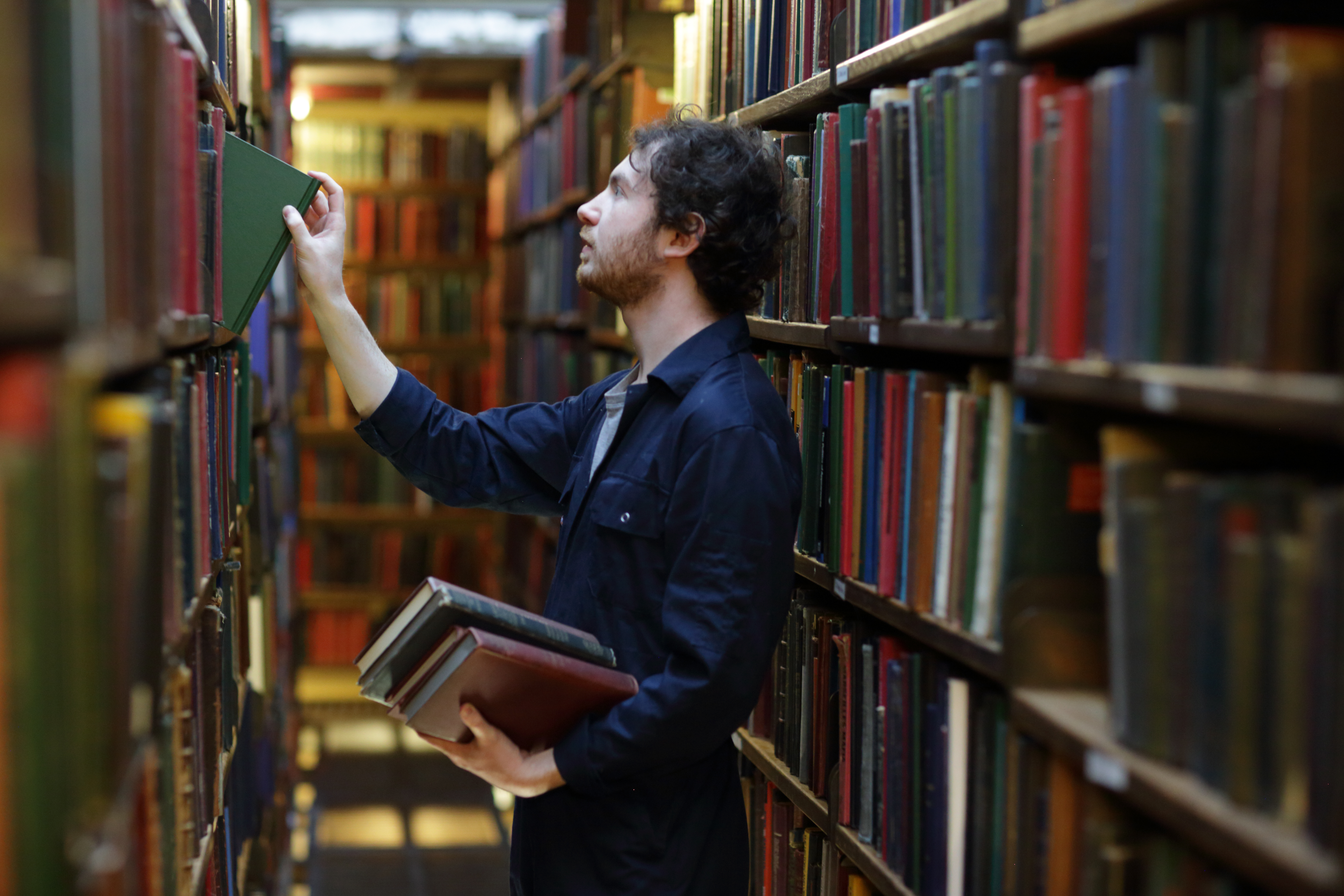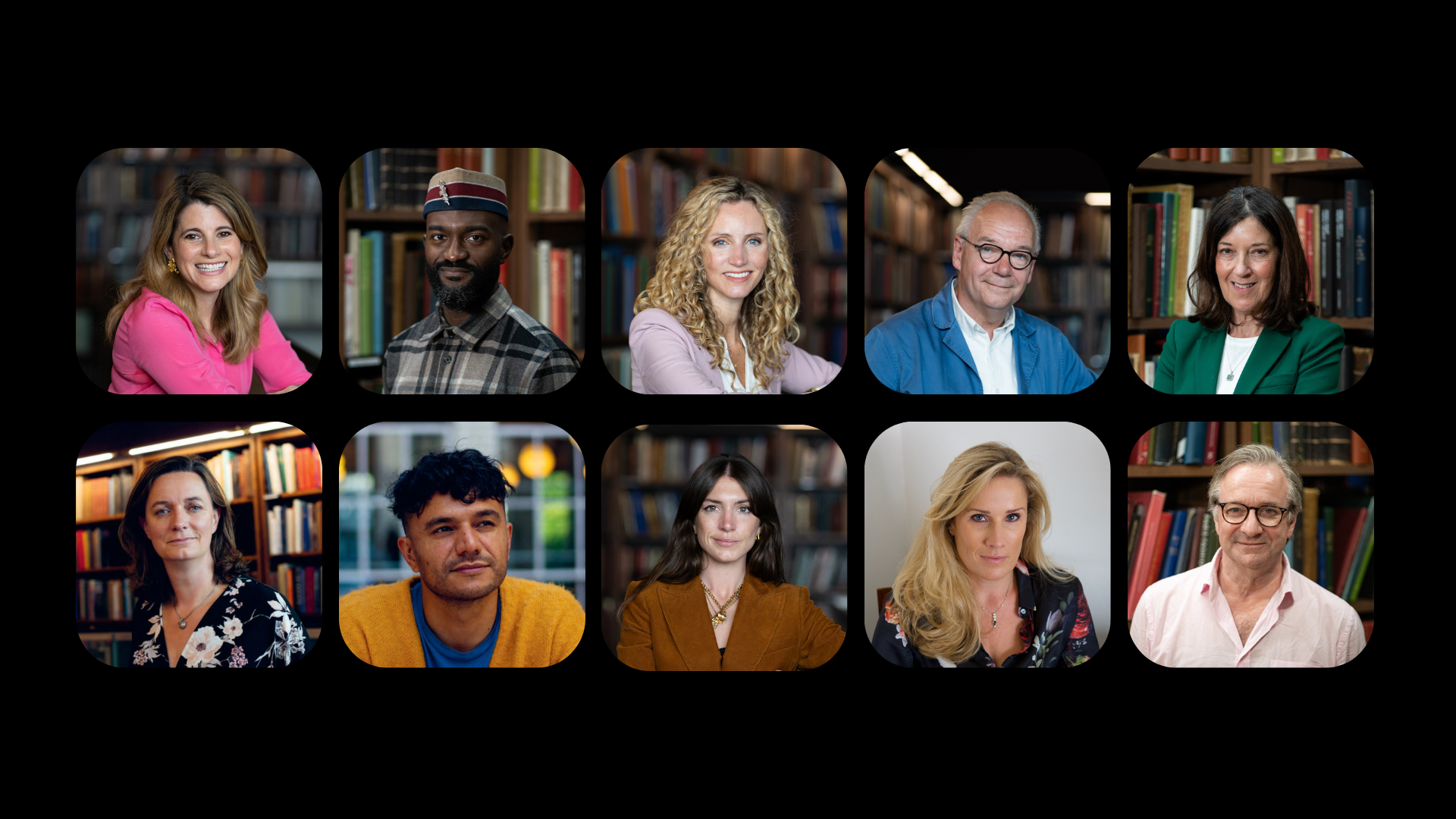As St. Bartholomew’s Day is coming up this month, our Head of Bibliographic Services, Dunia Garcia-Ontiveros discusses wellbeing and welfare. Adapted from an article originally written for History Today.
In the 16th century two doctors from enemy nations were moved to write about personal wellbeing and social welfare. They were both compassionate, prominent in their field and had powerful connections but their temperaments, careers and the reasons that drove them to write the two books now held at The London Library were very different.
Timothy Bright (1550-1615) began his academic career at the University of Cambridge and later traveled to the continent to train in medicine. While in Paris he witnessed the massacre of Huguenots on St. Bartholomew’s Day in 1572 and only survived through the protection of Sir Francis Walsingham, who was English ambassador in France at the time. The experience strengthened Bright’s Protestant beliefs as well as his patriotism and was probably a factor in his decision to abandon medicine later on in favour of a career in the Anglican Church.
Bright had a brilliant mind but seemed to lack the discipline to train it on one subject at a time and whilst holding the title of Chief Physician at the Royal Hospital of St. Bartholomew he neglected his patients, spending most of his time devising a new system for shorthand or ‘characterie’ and writing on the nature of melancholy. His A Treatise of Melancholie: Containing the Causes thereof, & Reasons of the Strange Effects it Worketh in our Minds and Bodies, with the Phisicke Cure, and Spirituall Consolation for Such as Haue thereto Adioyned an Afflicted Conscience…. was first printed in London 1586. His interest in the subject may have been triggered by a personal tragedy: Bright and his wife had lost one of their seven children some months before the book appeared. Bright understood that the reasons for depression could be physical as well as psychological and in the book he covers the role of both drugs and diet in the management of this devastating condition.
The work influenced not only other physicians and medical writers interested in mental illness; some Shakespearean scholars believe that the bard relied on it when writing Hamlet. There can be no doubt as to the importance of Bright’s contributions to shorthand, cryptography and psychiatry and perhaps he should have devoted his life to research. His boyish enthusiasm for all manner of subjects was perhaps the reason why he could not commit himself to the service of others for any length of time. Even before he was sacked from St. Bartholomew’s Hospital, Bright became rector of Methley in Yorkshire and later received also the living of nearby Barwick in Elmet. Unfortunately, he went on to neglect his parishioners in the same way that he had neglected his patients earlier.
This erudite great-great-grandfather of the dramatist William Congreve profited enormously from the patronage of Sir Francis Walsingham throughout his professional life, both as a physician and as a rector. In return, it is likely that Bright’s knowledge of cryptography would have been employed by the Elizabethan spymaster in his efforts to gather information on England’s enemies. The very next day after the English fleet and the Spanish Armada clashed off the Isle of Wight, Queen Elizabeth granted Bright a fifteen year monopoly on the teaching and publishing of shorthand.
Our second author served on one of those doomed ships Spanish. Cristóbal Pérez de Herrera (1558-1620?) was “Protomédico de Galeras”, the most senior physician of the ‘invincible’ Armada. Comparatively little is known about Pérez de Herrera. During his naval career he played an active and heroic role in many sea battles, capturing several enemy flags and surviving being shot through the shoulder. When he was not busy carrying out courageous feats the swashbuckling doctor was a daily witness to the horrific conditions suffered by galley slaves. The practice of condemning men to long years of rowing in war ships, often after committing only minor offences was very common at a time when Spain had a pressing need to find the necessary manpower for a growing navy.
This frequent interaction with the galley slaves had a profound effect on Pérez de Herrera. After leaving the Armada he devoted himself to charitable works. He wrote several treatises on improving the lives of the most vulnerable people in 16th century Spanish society. In 1598 he published Discvrsos del Amparo de los Legítimos Pobres, y Redvcción de los Fingidos : y de la Fundacion y Principio de los Albergues destos Reynos (Discourses on the Protection of the Legitimate Poor and Reduction of those Feigning and on the Foundation and Principle of Shelters in these Realms). In the book he describes the ideal location and layout of a shelter in Madrid where the poor could live in clean and healthy conditions, be taught good examples and given daily structure to engage them in useful occupation: an intriguing illustration in his book has the caption ‘with eyes in their hands and [hands] busy with work they will have better habits’.
He wanted to help the genuinely needy: wounded and disabled war veterans, the sick, the elderly, prisoners, orphaned children, impoverished students, and even ‘vagabond and delinquent women’. He spent the rest of his life fundraising, even begging when necessary, in order to realize his vision in the Atocha district of Madrid. His shelter later became the site of the first general hospital in the Spanish capital.



















